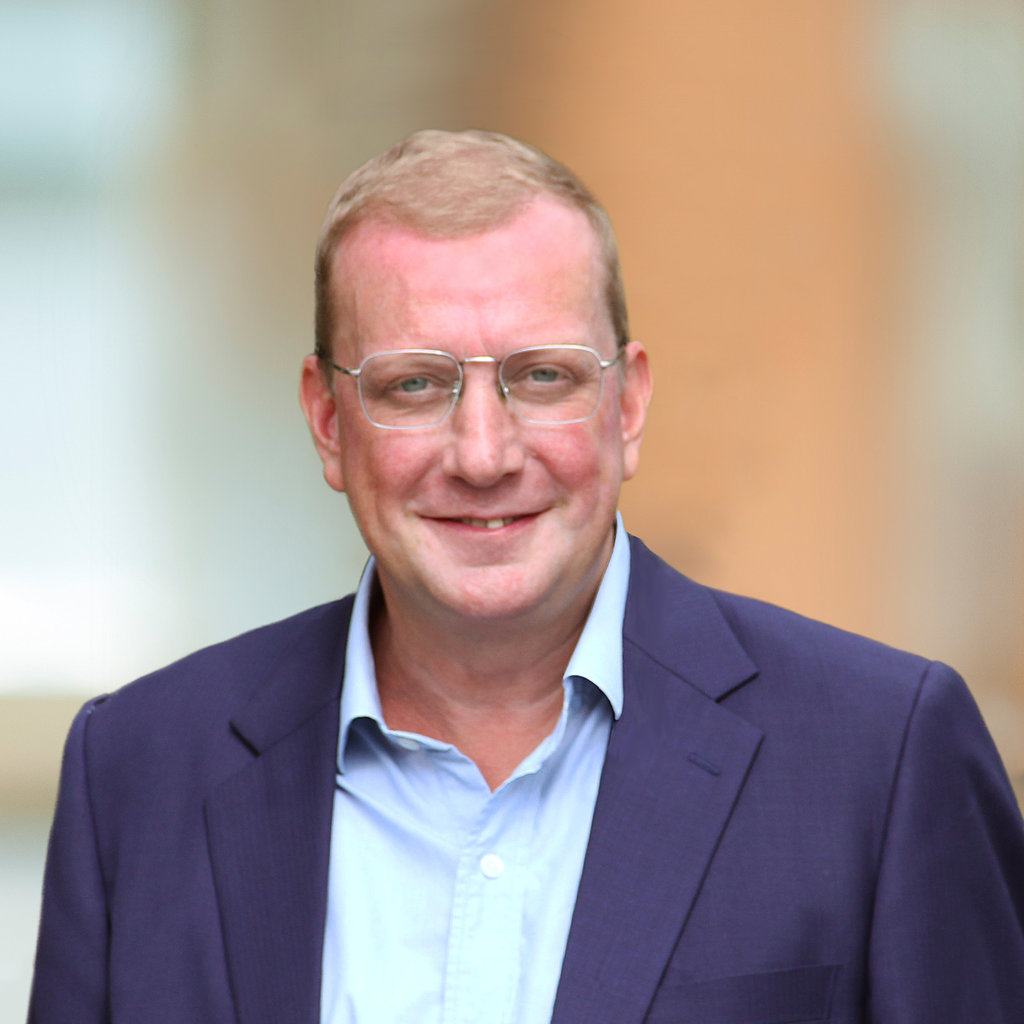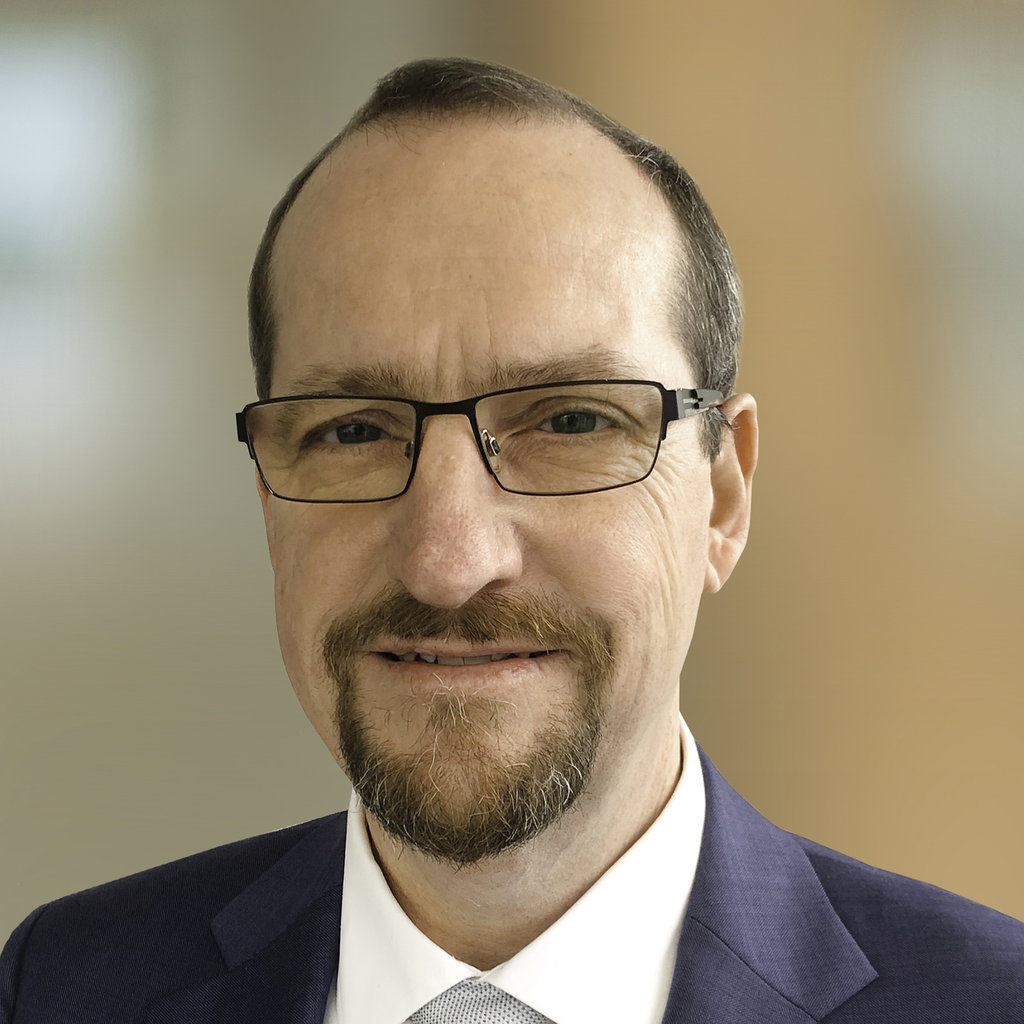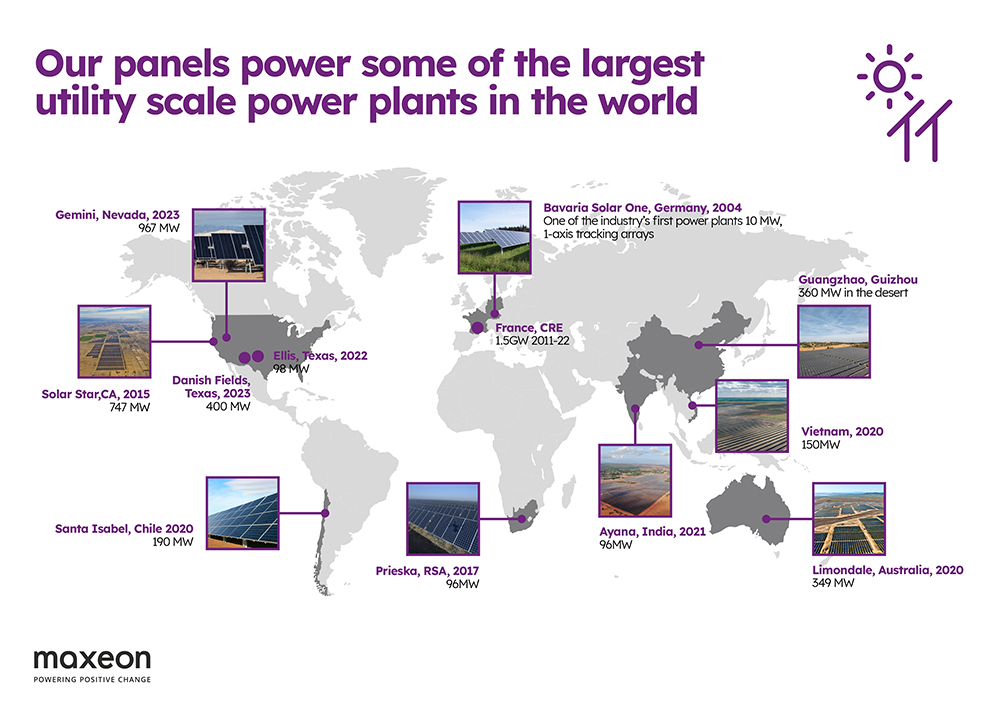Company Insight
Sponsored by SunPower from Maxeon Solar Technologies
Is your renewable energy supply chain ethically sourced?
Future Power Technology sits down with Chris O’Brien – VP of Sales for APAC and LATAM and Matt Kasdin – Director, Legal Counsel from Maxeon Solar Technologies to discuss Maxeon’s initiatives in renewable energy and how they ensure a safer investment with an ethically sourced supply chain.
Marina Barrage Solar Park, Maxeon modules, Singapore.
Renewable energy is the central technology at the heart of decarbonising global energy systems, and the industry is fast expanding as the world aims to reach net-zero greenhouse gas emissions by 2050. However, in recent years, evidence is increasingly emerging linking some supply chains for renewable energy products to modern slavery, which indicates progress on climate can come at an unacceptable cost in those cases. We explore whether it is possible to achieve climate ambitions while maintaining ethical and robust sourcing practices with respect to human rights.

Maxeon’s UN Sustainable Development Goals
Maxeon’s mission to Powering Positive Change™ is at the heart of their product and service offerings. Maxeon is a signatory of the UN Global Compact and has been listed among the World's 100 most sustainable companies by Corporate Knights1, an international sustainable business research firm. The main criteria that ensured the inclusion of Maxeon in 2023 ranking were, among others, the Company's total revenue generation from clean power and sustainable investments, sustainability of its supply chain, respect for human and labor rights at the Company's factories, its circular economy practices such as recycling and lean manufacturing, and the Company's female representation in the executive management team. Maxeon also achieved a ESG rating of AA by MSCI in April 2023. You can deep dive into Maxeon’s ongoing ESG commitments and initiatives in its Modern Slavery report.
EM: Maxeon offers a safer investment, at better value and is the most sustainable choice, why is this?
Matt Kasdin: “We offer a safer solution for two reasons: safer for the owner of the product due to our uncompromising quality standards – which is how we are able to offer both the highest performing panels and a 40-year warranty. Simply put, a product with fewer defects and lower degradation is a safer long-term investment in comparison to many of the cheaper, lesser quality products in the market.

Matt Kasdin – Director, Senior Counsel
The other part of the safer investment is the human rights aspect: with Maxeon you are buying a product that’s really done the homework and been very serious about having a product that’s going to stand the test of time with regards to ESG pressures. Our modern slavery statement sets forth the controls – both internal and external in the form of audits – that we put in place to ensure our products are ethically sourced from a modern slavery perspective. Among other commitments, Maxeon can state unequivocally that it does not and has never sourced from any suppliers (or their suppliers) located in Xinjiang Province, Uighur Autonomous Region of China.”
EM: Maxeon is powering some of the largest utility power plants in the world, how has implementing solar power for power plants helped lower greenhouse gas emissions?
Chris O’Brien: “The base line is that solar power has displaced fossil fuel powered energy generation, and in doing so has avoided further emissions.

Chris O’Brien – VP of Sales for APAC
In the past, displacement of fossil fuel generators by solar was relatively easily achieved on large utility grids, however we are now finding transmission grids designed for centralised generators have a limit to how much renewable energy they can accept. To continue to both, displace fossil fuels, and to avoid new generation from fossil fuels coming online, solar and wind energy is being coupled with battery technologies that firm up power supply and remove potential intermittency inherent with renewable energy generation. This will drive the next wave to help reduce emissions further for both grid connected and off grid systems. This next wave is highly relevant to the mining industry, as hybrid systems that include solar & battery storage help mines reduce reliance on diesel fired generators.”

Maxeon large scale utility power plants locations
GlobalData’s ESG report focus on solar explains:” Solar energy offers a clean, environmentally friendly, abundant, and inexhaustible source of energy spread widely across the globe”. Maxeon’s continuous improvement is designed to avoid new generation from fossil fuel sources and continue to harness solar using the highest quality products in the market.
The next stage for Maxeon and industry development is to address the increasing impact on the transmission networks by working on both grid connected and off grid systems.
Chris O'Brien is Maxeon’s Vice President Sales for APAC and LATAM. During his tenure with SunPower before continuing with Maxeon in 2020, he has covered different sales role becoming Managing Director for Australia and Vice President APAC. Mr. O’Brien has over a decade of experience in the solar industry. Prior to that, Mr. O’Brien held senior leadership positions at Pneutech, the largest Australian owned and operated pneumatic and automation component supplier, Marlin Insulation Solutions, supplier of fire protection systems, and Legris Australasia, provider of low-pressure fluid handling connection solutions. Before, he has covered different roles, from Regional Sales Manager to Foundry Product Manager to Commercial Director SE Asia, at Vesuvius, a global leader in metal flow engineering. Mr. O’Brien holds a Bachelor of Applied Science in Information Management from Deakin University and an MBA from Charles Sturt University.
Matt Kasdin is Director, Senior Counsel at Maxeon Solar Technologies, overseeing key legal, operations, compliance and ESG functions. Maxeon is a spin-off from SunPower Corporation and a NASDAQ-listed company based in Singapore. A lawyer by training with over 20 years of experience, Matt is passionate about human rights, labor rights, environmental rights, anti-corruption, sustainable supply chain management, public company reporting on ESG and other current and emerging ESG topics.
Previously based in New York, the United Kingdom, Africa, Latin America and all over Asia, Matt is now based in Singapore and is at the forefront of using legal principles to advance the sustainability agenda. Not only has he practiced at Latham & Watkins, one of the world’s leading international law firms, but he also was acting Head of Legal at the United Nations Global Compact and has extensive experience with organizations advancing impact and responsible investing including the Impact Investment Exchange (IIX) and Principles for Responsible Investment (PRI).
His previous engagements include projects for the World Bank and OECD, as well as representing leading investment banks and private equity firms in billion-dollar cross border transactions. Matt co-authored an award-winning law review article on corruption published in the Texas Journal of International Law and edited United Nations publications on embedding human rights in business practices. He also has spoken at events convened by intergovernmental organisations such as United Nations Secretariat and OECD and institutes of higher learning such as National University of Singapore. A graduate of Northwestern Pritzker School of Law with a specialisation in International Law, Matt was awarded the US State Department Fulbright Scholar advising on legal reform, appointed the Executive Editor of the Northwestern Journal of International Law & Business and served as a member of the UNDP Climate Change Stakeholder Advisory Committee for Asia.
Contact information
SunPower Corporation Australia Pty. Ltd.
Suite 207/28 Riddell Parade
Elsternwick, Victoria
Australia 3185
Tel: 1 800 786 769
Stephen Straughair: Stephen.straughair@maxeon.com
James Grant: james.grant@maxeon.com
Jordi Carbonell: jorge.carbonellpadrino@maxeon.com
Web: corp.maxeon.com
